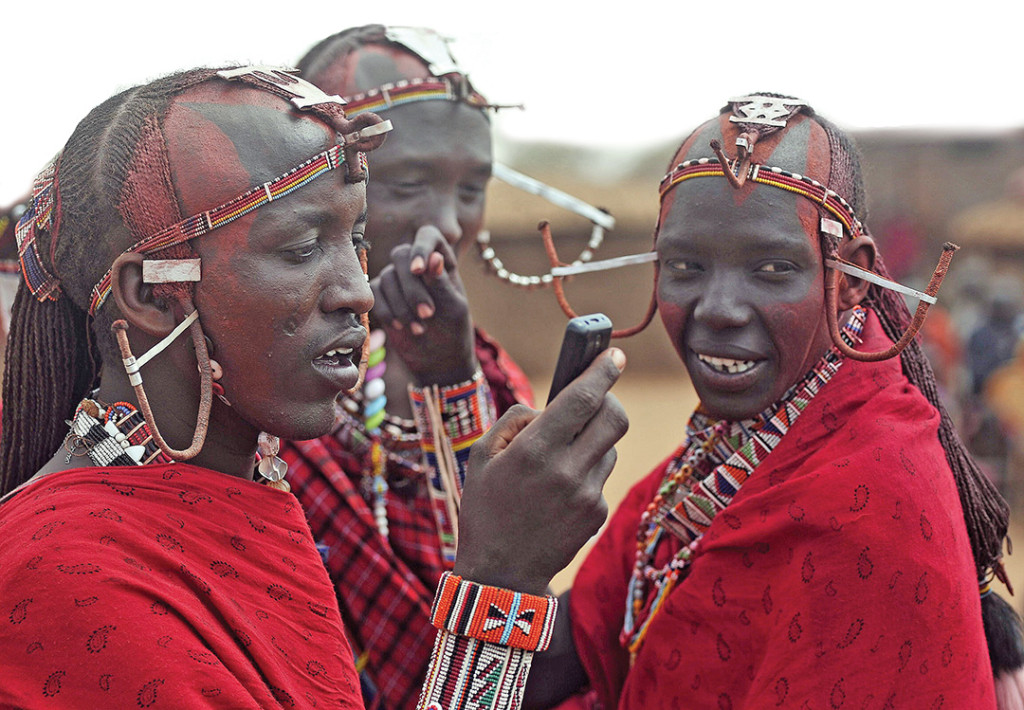There is abundant evidence that poorer people in Africa are now using the Internet. In South Africa, many new users live in poverty.
Declining costs are driving the trend. Most people in Africa connect to the Internet with mobile devices, and the price of these is falling. Nokia, for example, launched a $29 Internet phone in 2015. Pay-as-you-go data can be purchased in small bundles in many African countries, sometimes in 10-cent increments.
The most reliable survey conducted in 11 countries in 2011 and 2012 found that about one in three South Africans, one in four Kenyans and fewer than one in 20 Ethiopians used the Internet. But it appears clear that where networks are available and prices are affordable, people will use Internet services.
Low-income users appear increasingly aware of the benefits of Internet access. A 2015 study of South African users on low incomes found that many were aware of and used sophisticated online tools.
For many of Africa’s new users, the Internet means access to instant messaging, which is a cheaper substitute for expensive SMS text messaging, and some social media via a mobile phone. It is rationed and slow.
This research, and the work of others, point to the fact that for the poor, in Africa and elsewhere, the Internet is a mobile-centric world. So people on low incomes are benefiting from Internet access. But the experience is a long way from the visions of broadband for all, to which more than 20 African countries have made commitments.

